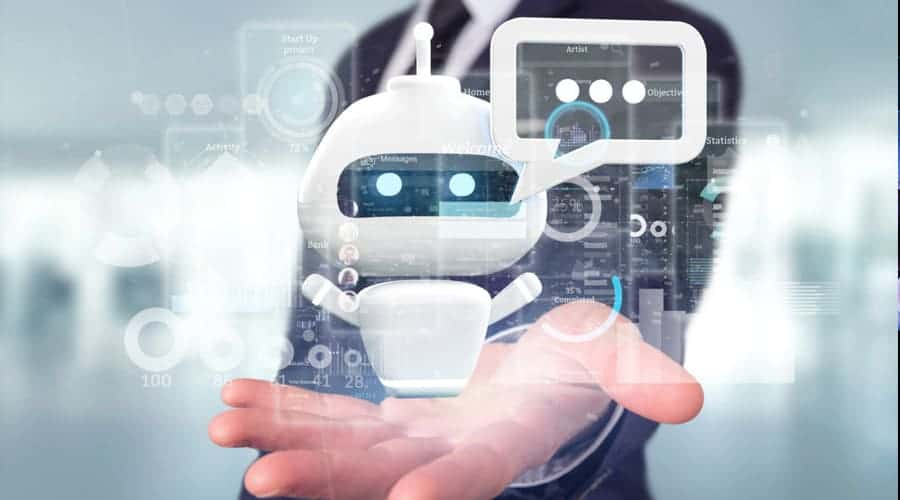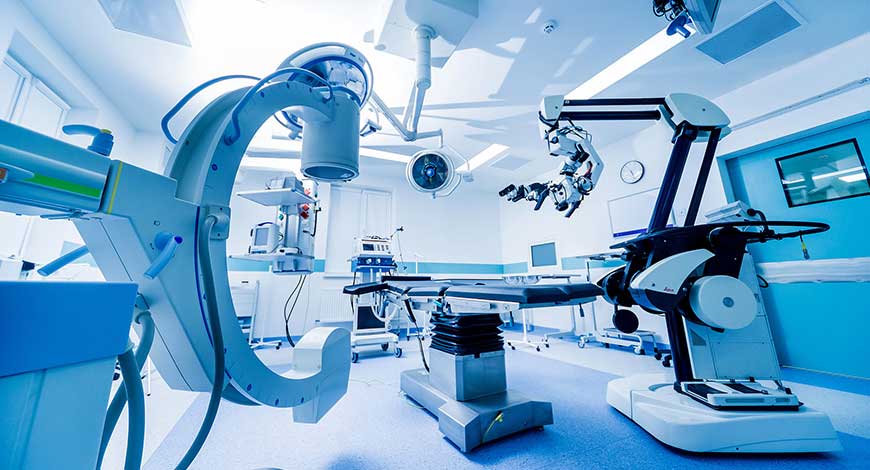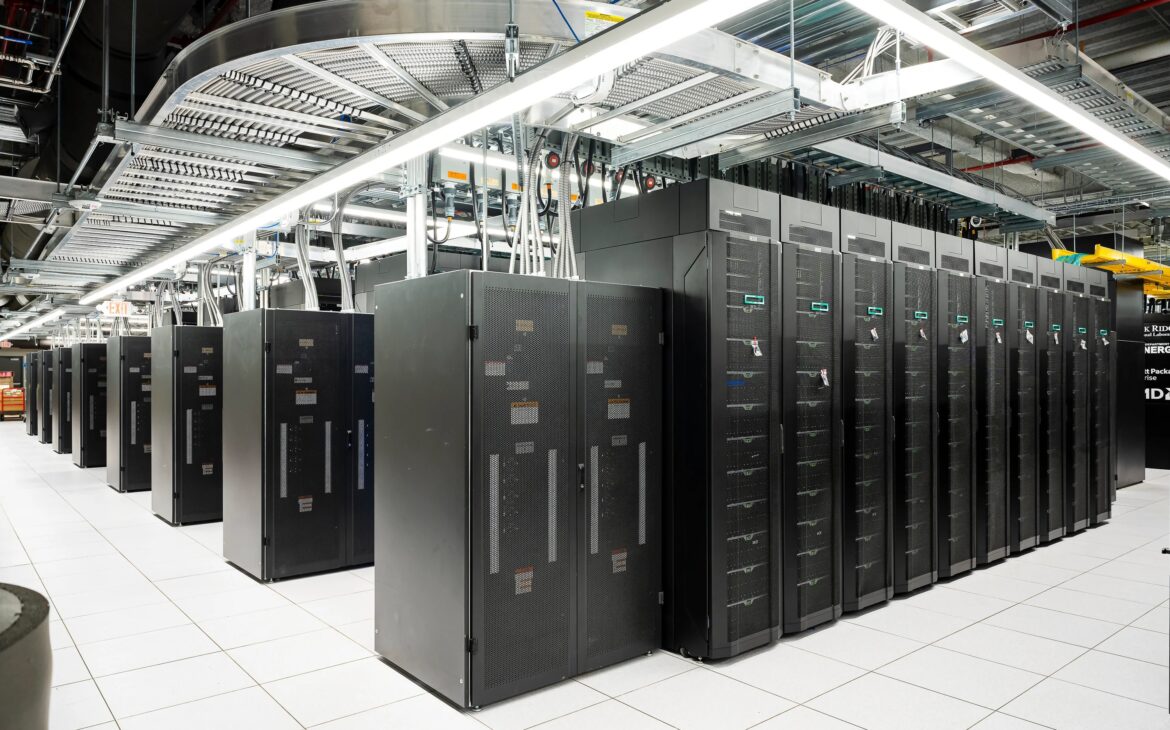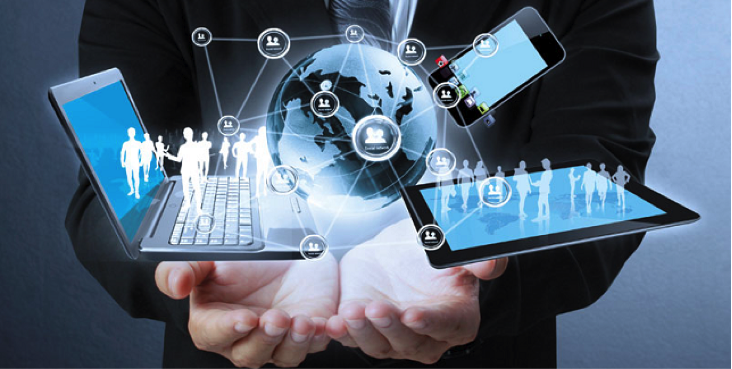Introduction
Innovation is a necessary piece of our cutting edge society, reforming different businesses and changing the manner in which we live. From artificial intelligence to space technology, there are numerous types of technology that play a crucial role in shaping our world. In this article, we will investigate probably the most unmistakable sorts of innovation and dive into their importance in various areas.
1. Artificial Intelligence (AI)
- Definition: Man-made intelligence is a part of software engineering that intends to make savvy machines equipped for mirroring human insight and performing errands that ordinarily require human comprehension.
- AI intelligence innovation has altogether progressed, empowering machines to learn, reason, and issue tackle independently.
- Instances of man-made intelligence incorporate remote helpers like Siri and Alexa, independent vehicles, and facial acknowledgment frameworks.
- Emerging applications of AI are witnessed in fields such as healthcare where it aids in disease diagnosis and treatment planning.
- AI intelligence has enormous potential for upgrading efficiency, robotizing processes, and empowering better dynamic in different businesses.

2. Space Technology
- Definition: Space technology encompasses all the tools, devices, and systems utilized to explore outer space, study celestial bodies, and facilitate space travel.
- This field has witnessed momentous advancements, enabling us to learn more about the universe beyond our planet.
- Satellites play a vital role in communication, weather forecasting, GPS navigation systems, and even remote sensing for agriculture and environmental monitoring.
- Space tests and telescopes empower us to notice far off planets, stars, and worlds, extending how we might interpret the universe.
- Space technology also includes spacecraft and rockets that facilitate manned and unmanned missions to investigate and explore space.

3. Medical Technology
- Definition: Medical innovation alludes to the use of different logical standards and devices to improve the analysis, treatment, checking, and anticipation of illnesses and medical issue.
- Advanced medical technologies have revolutionized healthcare, saving countless lives and improving patient outcomes.
- Cutting-edge imaging technologies like MRI and CT scans provide detailed insights into internal organs, aiding in accurate diagnoses.
- Robotics and minimally invasive surgical techniques have revolutionized surgery, enabling precision, reducing invasiveness, and enhancing patient recovery.
- Telemedicine and wearable devices allow for remote patient monitoring and provide access to healthcare services in remote or underserved areas.

3.1. Nanotechnology
- Nanotechnology involves manipulating and controlling matter at the nanoscale (one billionth of a meter) to create highly advanced materials and devices.
- In medication, nanotechnology has shown promising applications like designated drug conveyance, malignant growth treatment, and regenerative medication.
- The development of nanoparticles and nanosensors has enabled more accurate disease diagnosis and monitoring.
- Nanotechnology also finds applications outside of healthcare, contributing to advancements in electronics, energy production, and environmental protection.

4. Supercomputer Technology
- Definition: Supercomputer innovation alludes to the utilization of elite execution figuring frameworks that are fit for executing complex assignments and handling a lot of information at inconceivable rates.
- Supercomputers are crucial in various scientific research fields, weather forecasting, and simulations.
- These machines enable researchers to analyze vast amounts of data, perform complex calculations, and simulate phenomena with exceptional accuracy.
- Supercomputers play a vital role in fields like genomics, climate modeling, and particle physics, aiding in scientific breakthroughs and advancements.

5. Communication Technology
- Definition: Communication technology encompasses the tools and systems employed to transmit, receive, and exchange information, enabling seamless connectivity and interaction.
- Mobile phones, the internet, and social media platforms have significantly revolutionized communication, bringing people together globally.
- High-speed internet connections, fiber optics, and wireless networks enable efficient data transfer and facilitate real-time communication.
- Communication technologies play a pivotal role in business operations, education, entertainment, and staying connected with loved ones across vast distances.

6. Hospitality Technology
- Definition: Hospitality technology involves the application of various technological solutions to enhance the efficiency and guest experience in the hospitality industry.
- Advanced reservation systems and online booking platforms streamline the booking process and provide guests with convenience.
- In-room technologies like smart TVs, automated controls, and IoT devices enhance guests’ comfort and automate routine tasks.
- Electronic payment systems and mobile apps enable seamless transactions and personalized experiences for guests.
- Hospitality technology also includes guest feedback systems, data analytics, and loyalty programs to enhance customer satisfaction and drive business growth.

Conclusion
In conclusion, innovation envelops an immense range of fields and applications, each assuming a significant part in forming our cutting edge world. From the incredible advancements in artificial intelligence to the awe-inspiring achievements in space technology, these types of technology have revolutionized various sectors. The integration of medical technology, communication technology, supercomputer technology, and hospitality technology has enriched our lives, improving healthcare, connectivity, scientific research, and enhancing guest experiences. As innovation keeps on developing, it opens up additional opportunities and drives us into a future where development has no limits.

(If you are looking for Mobile Apps Development, Here you can click!)

















